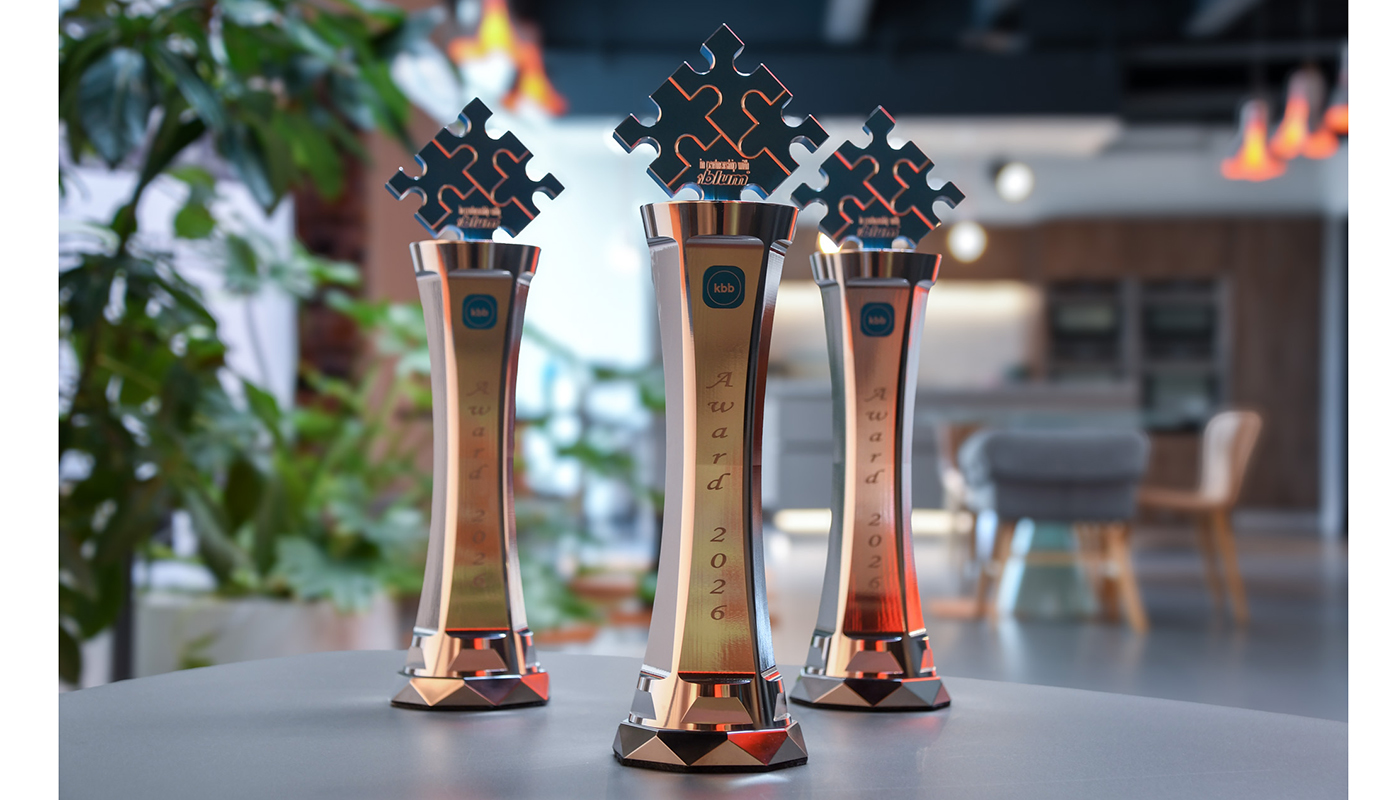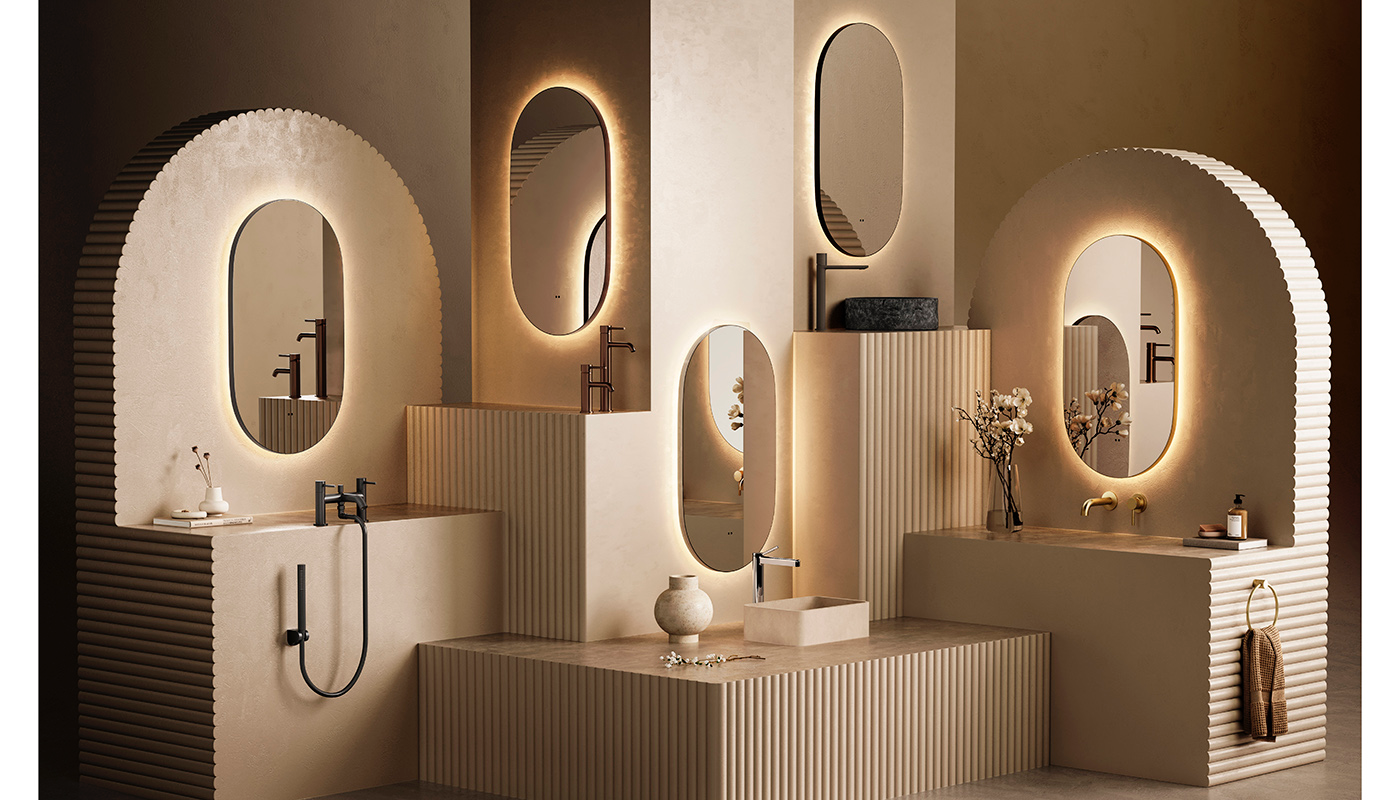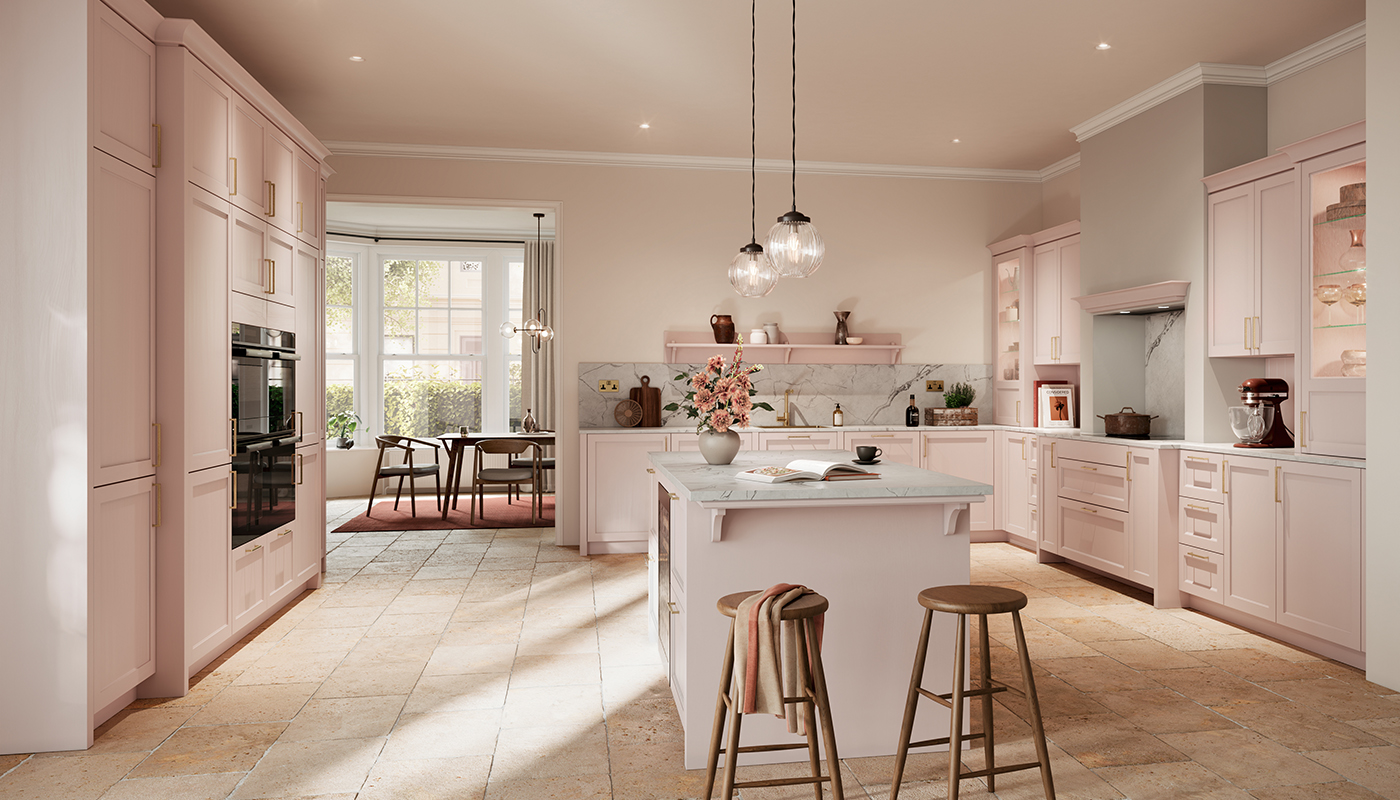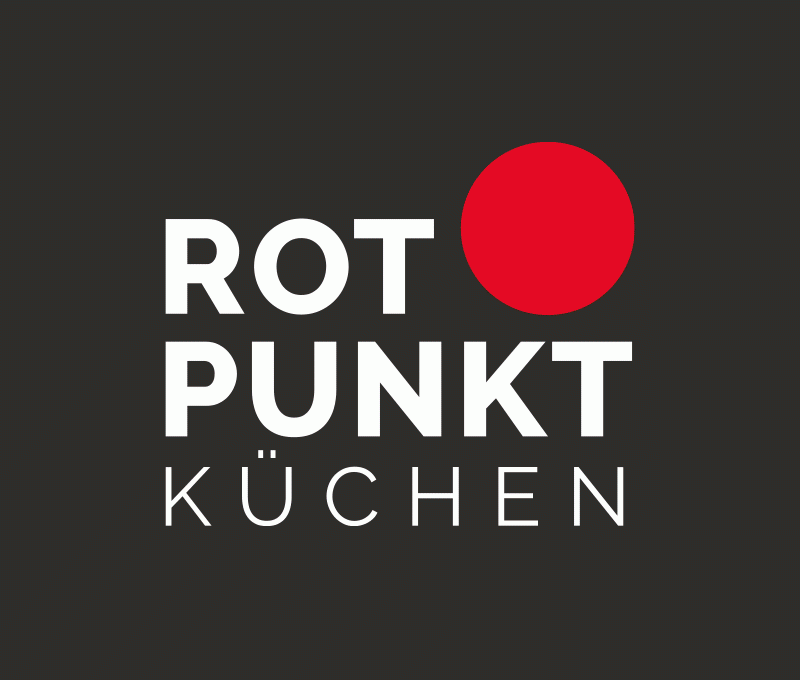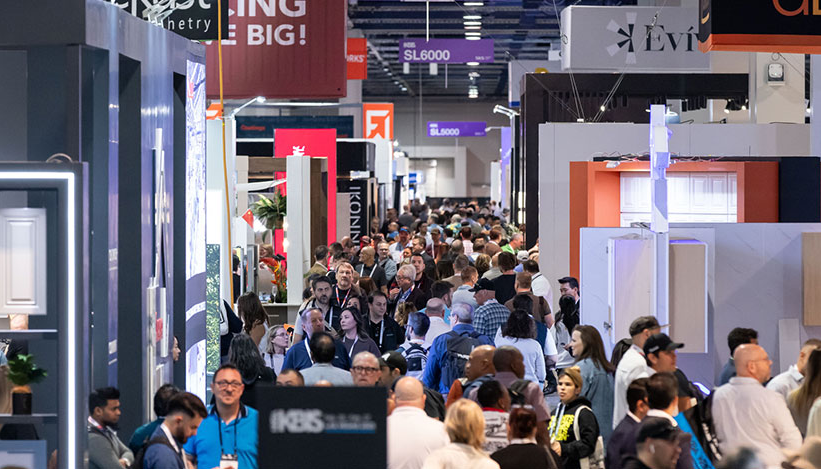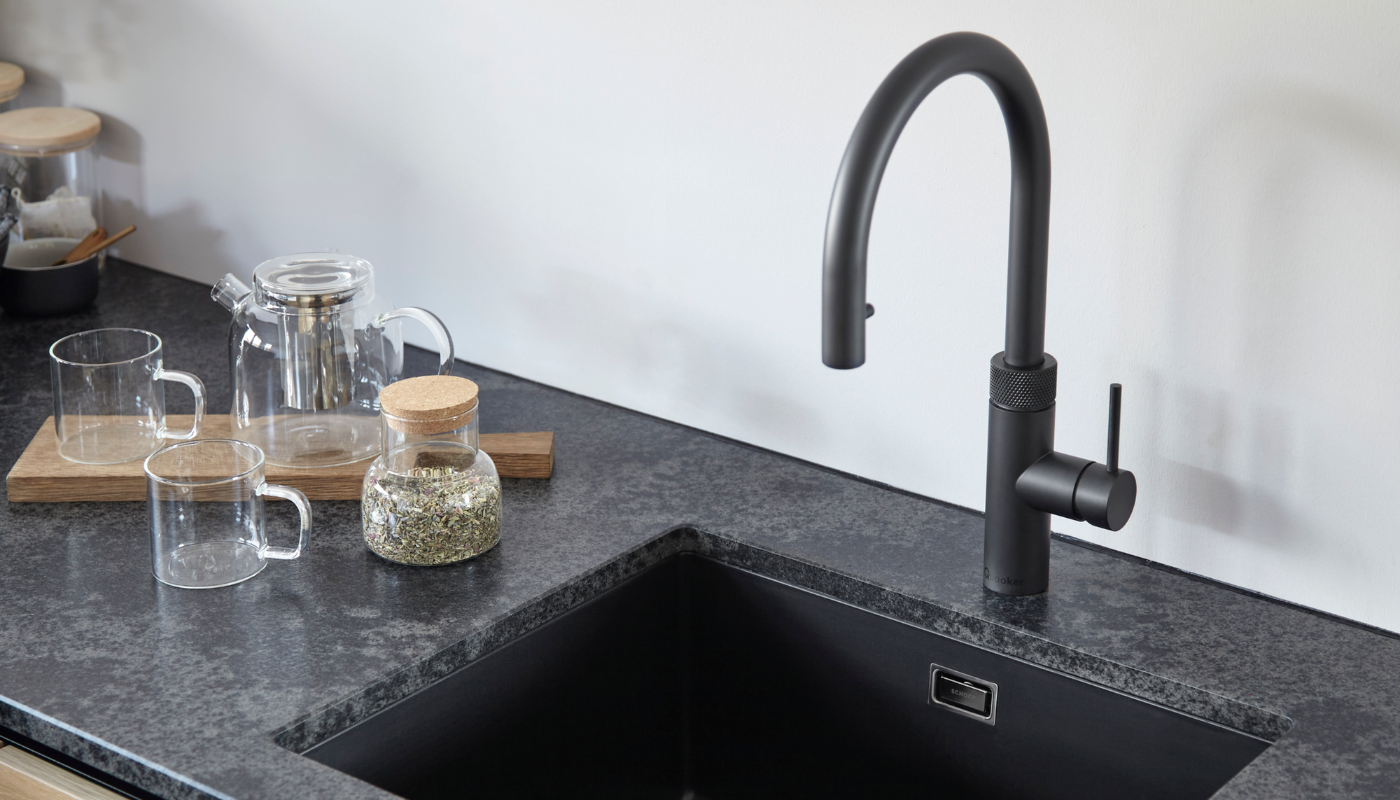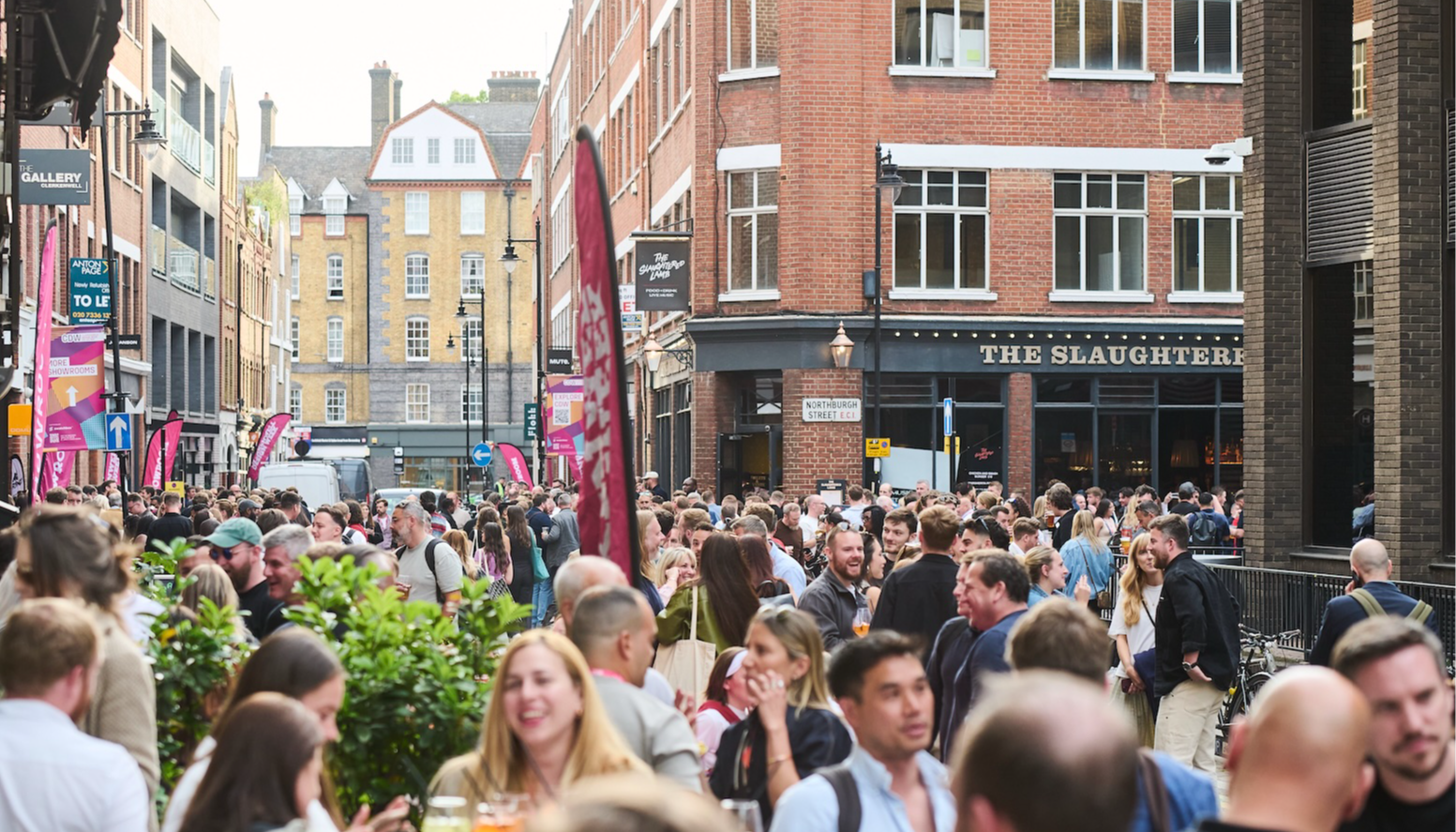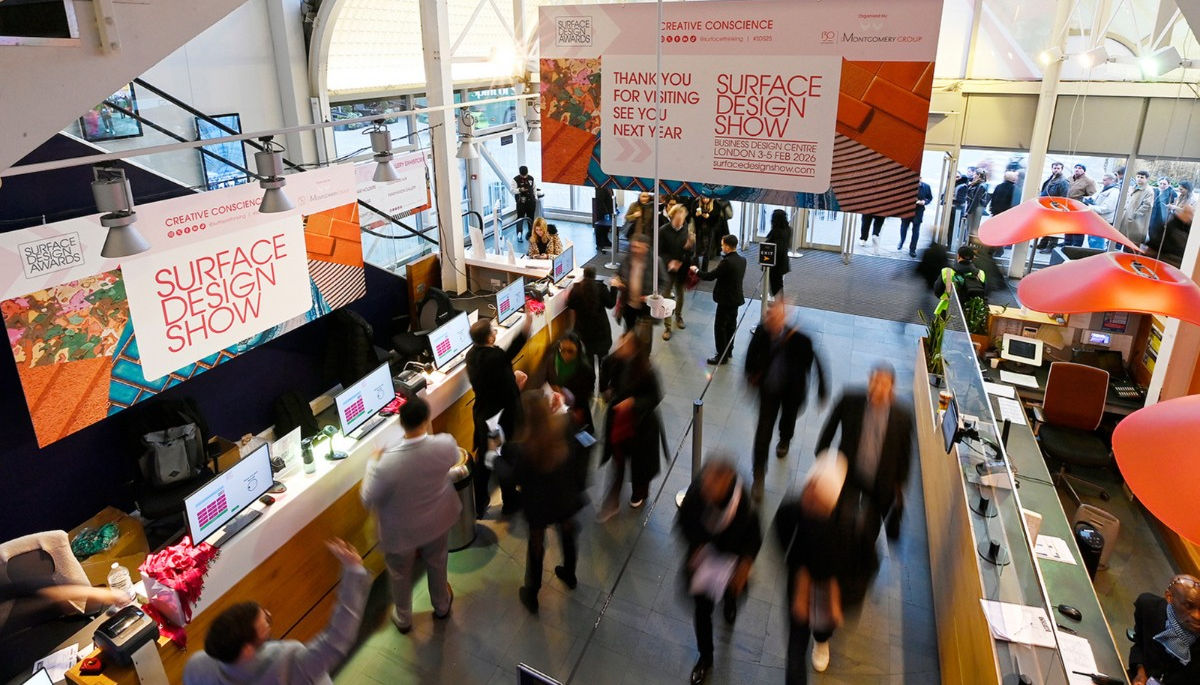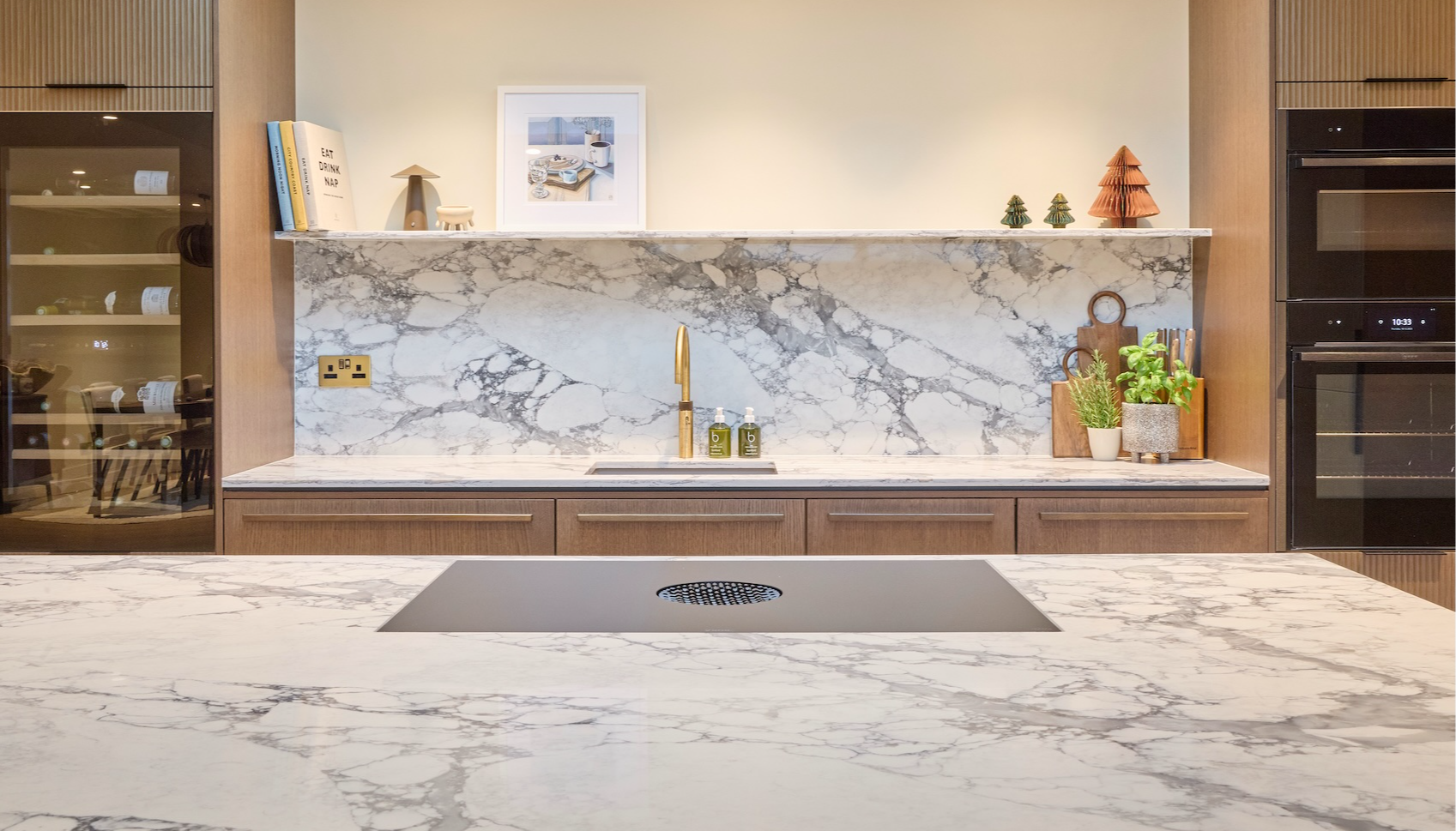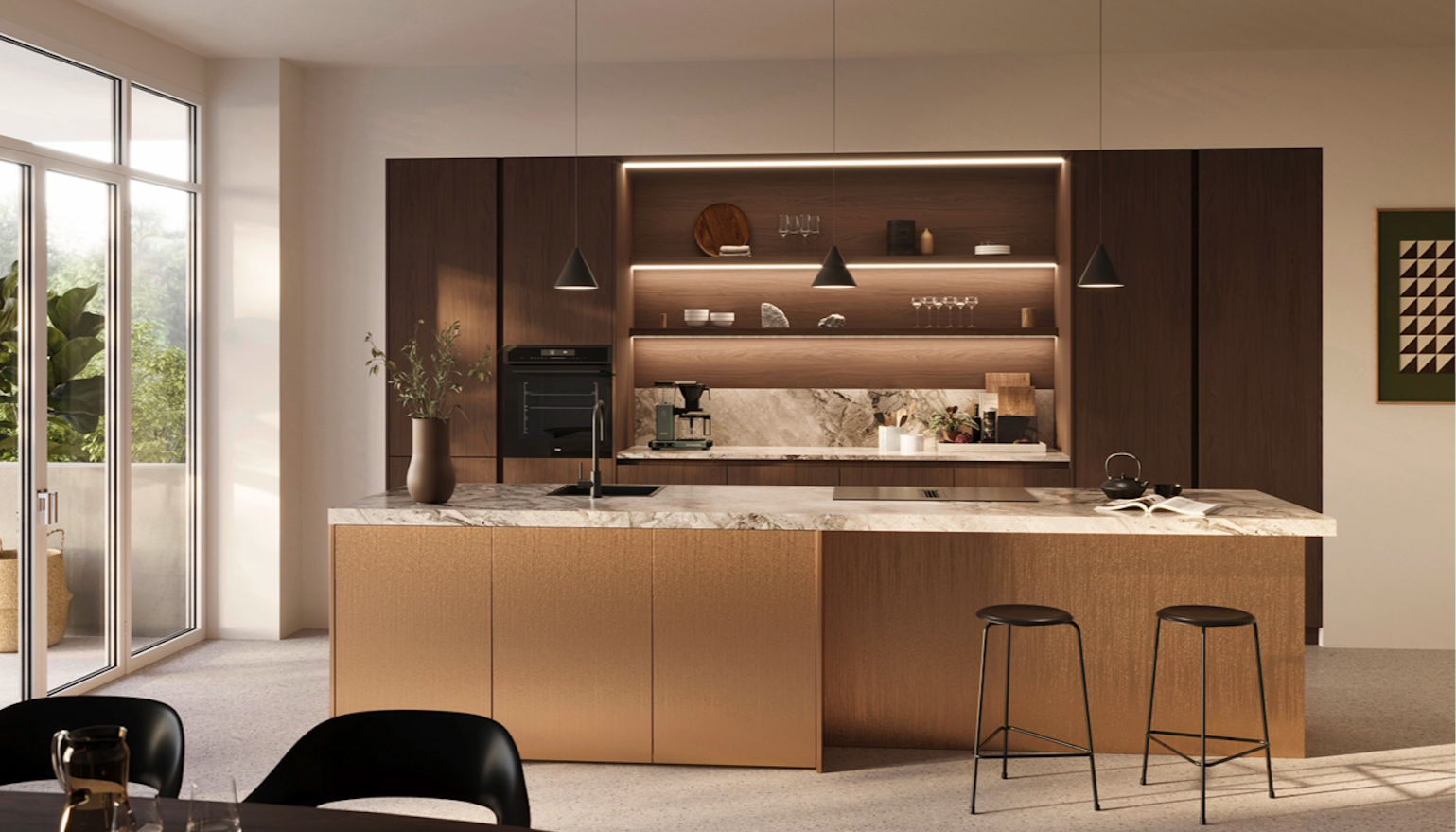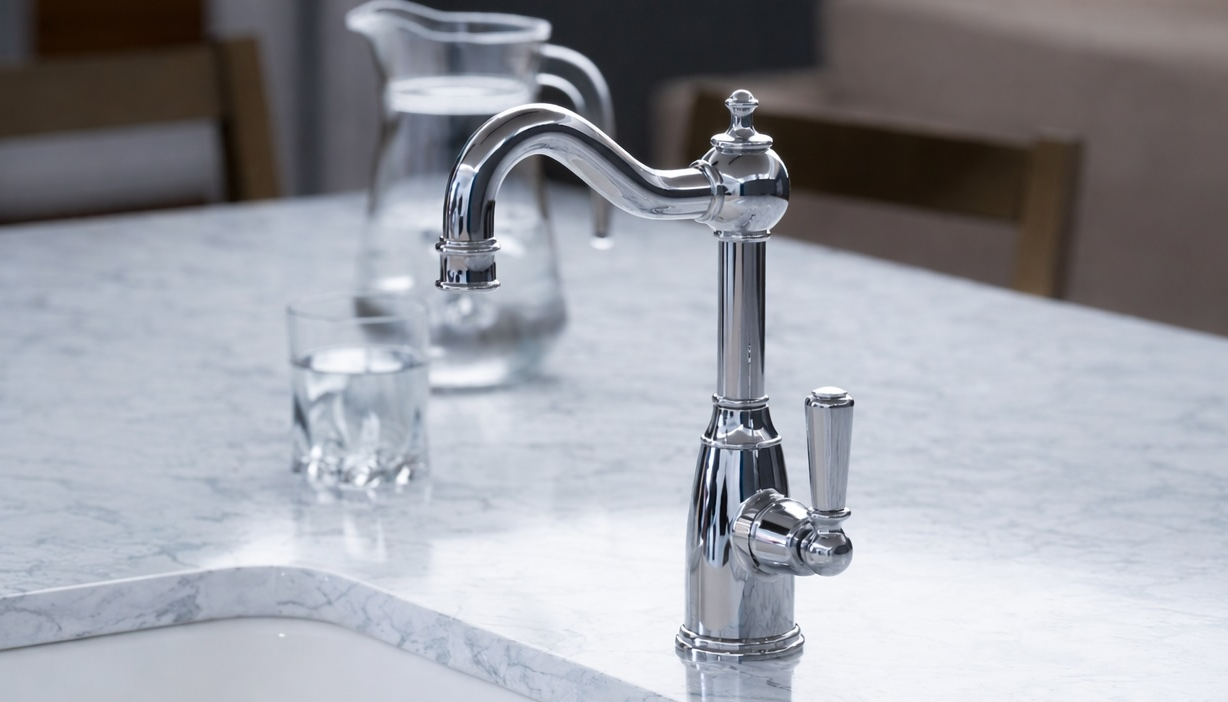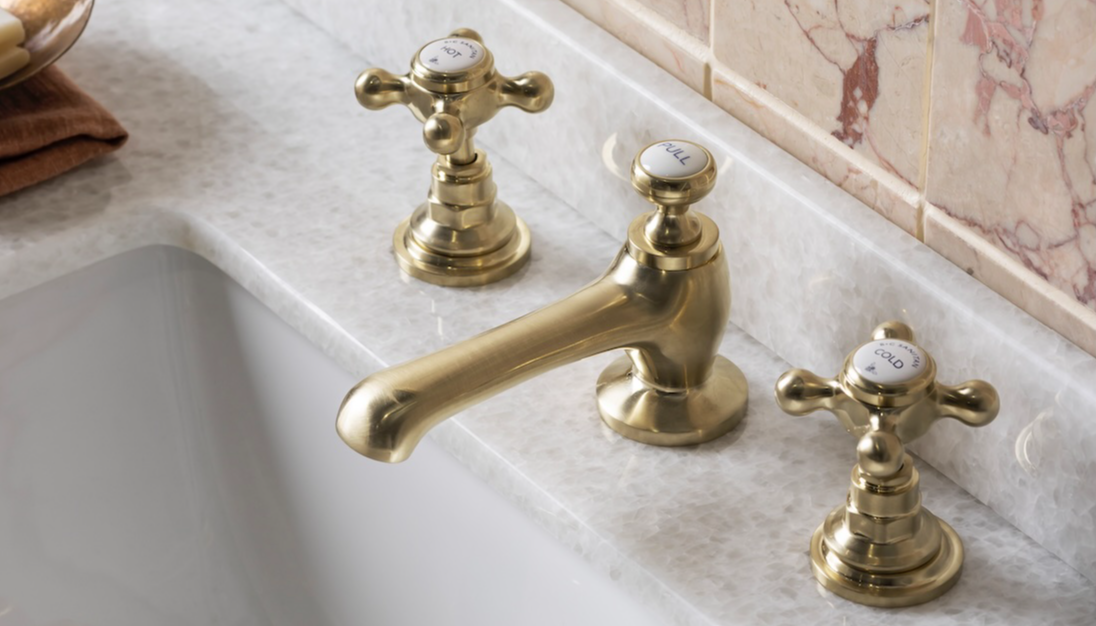Moores' Guy Tooth on why sustainability is vital for any manufacturer
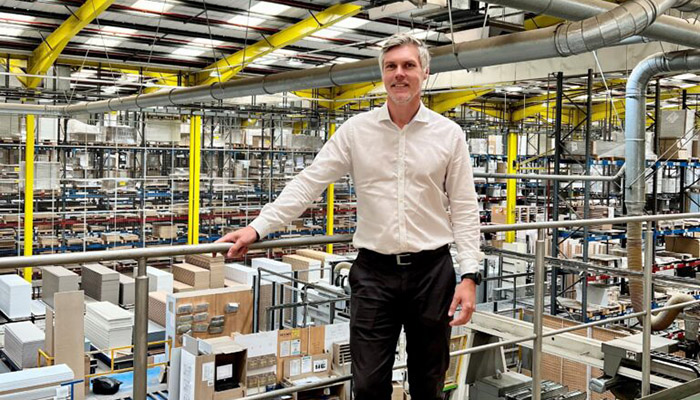
Moores' Guy Tooth on why sustainability is vital for any manufacturer
Ahead of Earth Day, Guy Tooth, supply chain and operations director at Yorkshire-based kitchen manufacturer Moores, explores the company's current robust eco measures and delves into why sustainability is such a key consideration for any manufacturer.
Traditionally businesses in this industry produce waste as a by-product of their operations. Early on, we saw the opportunity that this presented to reduce our impact on both our local and wider environment and to drive our industry to become more aware and more responsible. Taking these opportunities has enabled us to balance ethics and great business and helped us to establish ourselves as leading the sustainability agenda for the industry and the KBB sector.
Our environmental impact forms part of our company strategy, and through our 5 ‘R’ principles – Remove, Reduce, Re-Use, Recycle and Recovery – we consistently strive to minimise our carbon footprint throughout all areas of the business. As a result, we have eliminated 42% of our carbon impact over the past eight years, which equates to a reduction of 22,818 tonnes of carbon dioxide (tCO2e), the equivalent of planting 142,613 trees. This has set us well on our way to becoming carbon neutral by 2025, an ambitious target, but a monumental milestone for a business of our size within our industry.
We carefully consider every single component used to create our kitchens. Our expert British craftsmanship goes hand-in-hand with ethically sourced quality materials. All of our cabinets are made from FSC approved wood – a status which is now recognised by over 45% of consumers today. All other components, such as glass and metal fixtures are made from recycled materials wherever possible.
As we distribute thousands of kitchen units nationwide each week, we have made it our mission to ensure our waste is minimised and that we are recycling or re-using as much of our manufacturing waste as we can. We have maintained our ‘zero waste to landfill’ record since 2011, meaning all operational waste is recycled, and, as a result, we have been able to turn excess wood from the manufacturing process into biomass energy. This has avoided the need to use fossil fuels for the bulk of our heating, saving 18.5million litres of gas oil, and a reduction in emissions in excess of 51,000 tCO2e.
Moores took significant steps toward reducing carbon with the first of our biomass boilers installed in 1987, followed by a second in 1997. In 2020 when many businesses were cutting back on spending due to the pandemic, we invested £2.5million in a brand-new biomass boiler, which vastly reduced the amount of harmful greenhouse gases from our operations.
While we have these considerations in place, we regularly upskill and train our employees through the Supply Chain Sustainability School to give them greater awareness of sustainable practice and ensure our values are being exercised company-wide. We also cover all aspects of our environmental impact from packaging through to ‘green energy’ electricity suppliers, and were delighted to reach our target of 100% renewable energy sources for electrical energy requirements in 2022.
Although there is always more that can be done, given the acceleration of our environmental strategy over the past few years we are confident that we can become carbon neutral in the next two years. There are many elements we have started to address, including upgrading more of our vehicle fleet. We introduced hybrid cars in 2017, with PHEV & battery electric cars currently making up 22% of the fleet, with our goal to make our transportation network as green possible. There is a challenging journey ahead, but our commitment and investment will only help to secure our future and develop our roadmap towards even better sustainable practises.
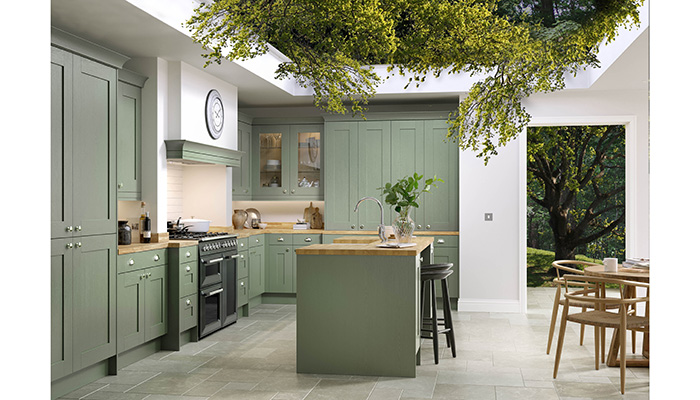
Tags: insight, features, moores, guy tooth, sustainability, kitchens




